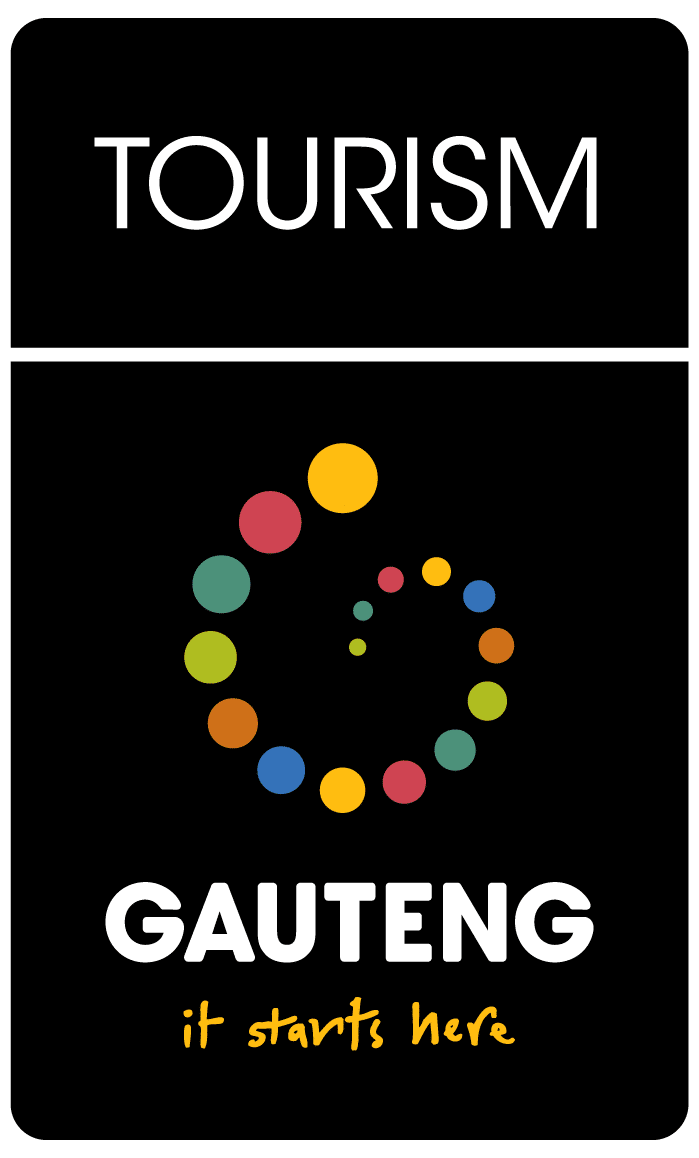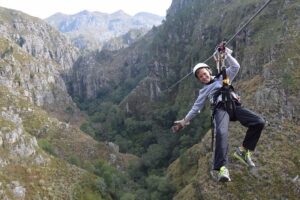Gauteng boasts an abundance of medical treatment facilities with skilled doctors and the latest in healthcare technology, and arguably the best water on the continent. That said, nothing kills holiday fun like flu, diarrhoea or sunburn, so take note of the following health issues (particularly if you are from the northern hemisphere).
Visitor guide
High-quality tap (faucet) water is available almost everywhere in Gauteng, and is both palatable and safe to drink straight from the tap. Gauteng residents drink from their kitchen taps, and it’s not unusual to hear, “I’d like a glass of tap water, please” at any local restaurant.
If you prefer, bottled mineral water, both sparkling and still, is readily available at shops, restaurants and petrol stations.
Please note that drinking water straight from rivers and streams is not advised.
World-class medical facilities
Gauteng is home to some 30 public and 40 private or partly owned hospital facilities. The region also hosts an abundance of medical professionals, including many general practitioners, dentists, gynaecologists and a variety of medical specialists.
Hospitals in the metro are manned by experts and provide world-class healthcare. As a tourist, it is your choice which facility you go to – please note that private hospitals often require cash up front, or the guarantee of travel insurance.
The province also hosts travel clinics throughout its regions where travellers can enquire about vaccines, yellow fever inoculations and malaria medication.
There are numerous outlets in each city where travellers can buy over-the-counter medicine for flu, diarrhoea and pain.
Medicines you may need
- Prescription medicines you take every day. Make sure you have enough for the duration of your trip. Keep them in their original prescription bottles and always in your carry-on luggage
- Medicine for diarrhoea, usually over-the-counter
- Sunblock and sunglasses
- Mosquito repellant
Vaccination requirements
You won’t need any inoculations unless you’re travelling from a yellow fever endemic area (the yellow fever virus (YFV) belt of Africa or South America), in which case you will need certification to prove your inoculation status when you arrive in South Africa.
Proof of YFV vaccination is required for all travellers older than one year if travelling from or transiting through a country with YFV transmission.
Travellers not meeting this requirement can be refused entry to South Africa or be quarantined for up to six days. Unvaccinated travellers with a valid medical waiver will be allowed entry. Yellow fever vaccination certificates are valid 10 days from the vaccination.
Malaria prophylaxis
Gauteng is malaria-free. However, the Kruger National Park, the Lowveld of Mpumalanga and Limpopo, and the northern part of KwaZulu-Natal do pose a low malaria risk in the summer months. If you intend to extend your stay to other parts of the country, please consult a travel clinic concerning malaria prophylaxis.
Sunshine and sunburn
Gauteng is generally warm and sunny all year round. Sunscreen and a hat are recommended whenever you are outdoors during the day, particularly between 10am and 4pm, regardless of whether there is cloud cover or not.
Even if you have a dark complexion, you can still get sunburn if you are from a cooler climate and have not had much exposure to the sun. Sunglasses are also recommended, as is plenty of water hydration.
HIV/AIDS
As in other countries, always take precautions when having sex and use latex condoms. South Africa has one of the highest rates of HIV infection in the world.
Stay safe
It is advisable to hire a local driver to take you from place to place, or make use of Gauteng’s public transport network, Rea Vaya bus service or the Gautrain between major centres. If you plan to drive or ride a bike during your stay, drive carefully and do not exceed the speed limit.
- It is illegal (and irresponsible) to drink and drive. If you are caught driving when over the limit, you will be arrested. The blood/alcohol limit in South Africa is 0.05%, so even one beer could put you over the limit!
- Please observe local traffic laws
- Wear helmets when you ride bicycles, motorcycles and motorbikes
- Don’t get on an overloaded bus or mini-bus
- Avoid night driving





